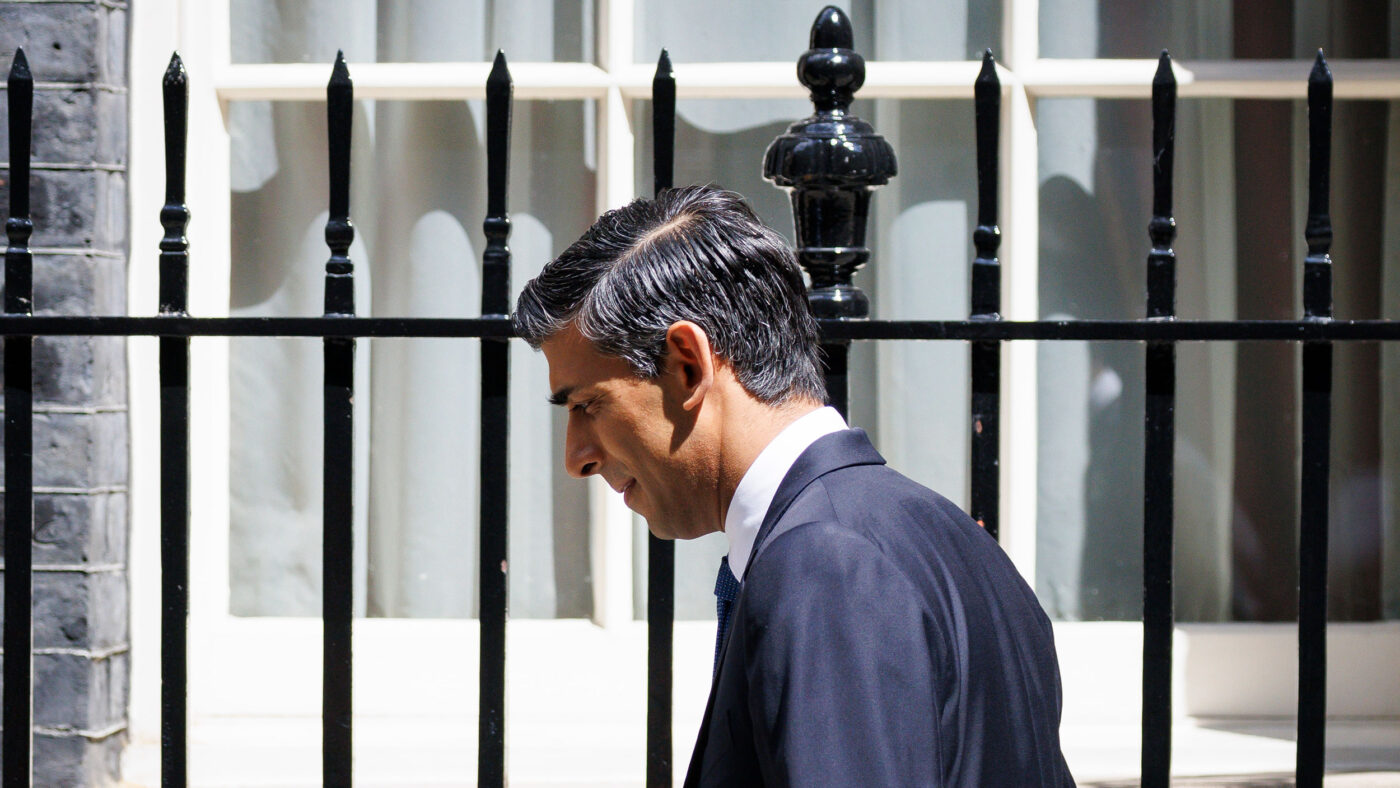If current forecasts about the next election are remotely accurate, the Conservatives are headed for a heavy defeat. The broad, unwieldy coalition stitched together by Boris Johnson in 2019 – recently profiled by Lord Ashcroft on ConservativeHome – is coming apart at the seams.
And one feature of that defeat is that the Red Wall, the often sloppily-applied shorthand for the raft of long-term Labour seats which flipped to the Tories in 2019, looks set to fall once again. Unless there’s a significant shift in the national polling, or strong local performances see individual seats defy the trend, nearly all of those MPs look set to lose their seats.
That poses an interesting question. The Conservative landslide, and the new electoral geography it created, was supposed to have heralded a realignment of British politics. But if all those gains are lost at the very next election, that thesis is going to take a serious hit. What if there was never a realignment after all?
This is not just an academic question. If the Tories do lose the next election, there will inevitably follow a round of recriminations and soul-searching – and one of the biggest issues at stake in any debate about the Party’s future direction is what it thinks its future electoral coalition actually is.
Many of those Conservatives who have been trenchant critics of Johnson would very much like the 2019 coalition to be illusory. So too, although many seem not to realise it, the free-marketeers who backed Liz Truss; the Red Wall was won on the (unfulfilled) promise of a more interventionist, higher-spending sort of Conservatism than the party has traditionally offered since the 1980s.
But there is a danger of over-reading losses in the Red Wall in the context of a general rout which can be readily explained by the many and various failures of the Government and the string of self-inflicted scandals which brought down Johnson’s premiership. Parties do sometimes just lose elections.
A better indicator of whether there is a realignment is surely areas where the Conservatives have been falling back even during an extended period in office. And here, alas, the evidence seems very real.
Consider London, where in another lifetime Johnson first built his front-rank national profile as the Tory who could win in a Labour city. In 2010, David Cameron was disappointed to fall short in a clutch of key targets like Tooting and Westminster North, my own constituency.
Yet today that electoral map resembles a sort of political Atlantis, so far underwater are the Conservatives now. In 2010, the party fell short in Westminster North by just over 2,000 votes; today, the Labour majority is almost 11,000. They missed Tooting in 2010 by 2,500 votes; the 2019 Labour majority was over 14,000.
Then there’s the seats the party actually won in 2010. Ealing Central and Acton, lost in 2015 – current Labour majority: 13,300. Brentford and Isleworth, also lost in 2015 – current Labour majority, 10,500. Battersea, lost in 2017 – current Labour majority: almost 5,700.
More seats seem set to follow that trend, too. Despite their heroic efforts to thwart any attempt to solve the housing crisis, Iain Duncan Smith and Theresa Villiers each only scraped home in their London marginals by just over 1,000 votes in 2019, even as the Conservatives secured a landslide nationally. Both are surely doomed.
And where London goes, more heartlands will follow, as the cost of living and spiralling rents push more urban voters out of the capital and into the surrounding shires. Dr Patrick English of YouGov notes that despite a generally ageing British population, the so-called Blue Wall is getting younger. This process has already transformed one-time Tory citadels like Canterbury and Brighton, and there is no reason it could not do the same across a swathe of the Home Counties.
A heavy defeat means losses on a lot of fronts. But not all those losses are alike, and I suspect that the ones in the South and London will be more enduring. This is especially so because, as Tim Bale and David Jeffery have modelled, losing the Red Wall won’t tilt the balance of the parliamentary Conservative Party back towards the Cameroons.
Moreover, given the stickiness of the major public expenditures (pensions, social care, the NHS) keeping taxes high, there may not be practical room for a serious tax-cutting prospectus in the immediate future.
If that’s the case, politics will become a matter of who gets the pie – and Johnson’s instinctive shift towards a higher-spending, more culturally-preoccupied Conservatism may yet prove, for all his personal failings, to have been prescient.
Click here to subscribe to our daily briefing – the best pieces from CapX and across the web.
CapX depends on the generosity of its readers. If you value what we do, please consider making a donation.


